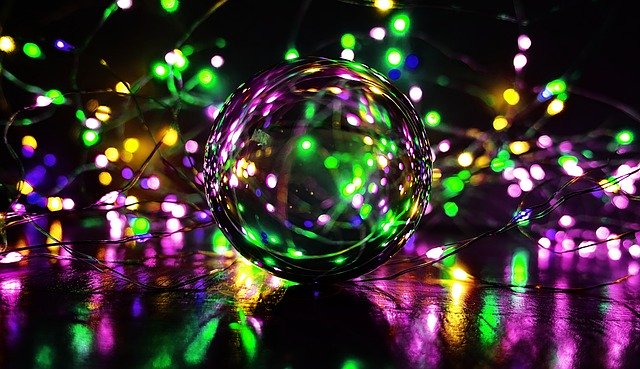Change
Anger without Change tends to simmer and fester. Change can be good and lead to an optimal outcome and resolution - or it can be temporary and return the person back to the anger Event where the cycle begins again. The question then becomes: What is good Change?
Envisioning Change
That answer depends on you. What kind of Change do you envision? Is
there an ending point to this anger or are you interested in
perpetuating a cycle that can only lead to more pain, isolation, or even
death?
To begin this process, take some time to reflect on the Change that you foresee using the following worksheet.
Changes Sheet
Change that has occurred due to my
choices for angering have been
I have noticed that
Other changes that have happened are
At this point I think that I am/am not leaning toward changing because
My hope for change is me is that
Is Change Painful?
Keep in mind that Change is often accompanied by at least a small amount of pain. Change can involve the "letting go" of one thing and the "accepting" of another. This may involve adjustment in your understanding of who you are - resulting in a sort of "mini-death" of the old you and the "birth" of a new part of your personality.
Are you a person who changes easily or do you change slowly as a result of small, incremental adjustments? These are questions that you may want to explore with your counselor with attention to your own vision of who you want to be.
Last Step - Resolution
Ready to explore the last step in the FOA anger processing model? Make sure you are working with your counselor for each step that includes this final step in processing your anger. S/he may have proving questions or observations related to endings in general that may add a complicating layer to this processing of anger. It can be scary to reach the end of one way of being and to begin something that we don't really know.

